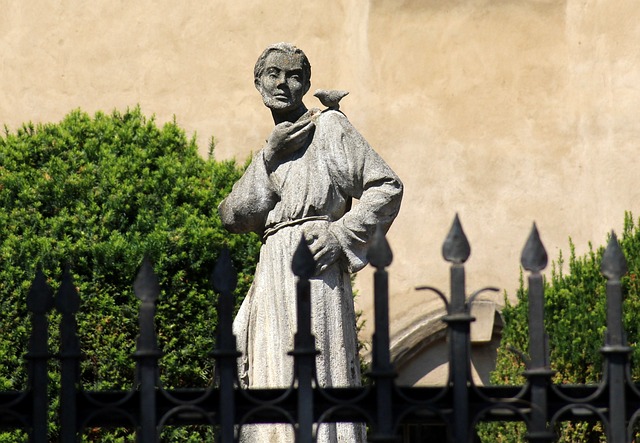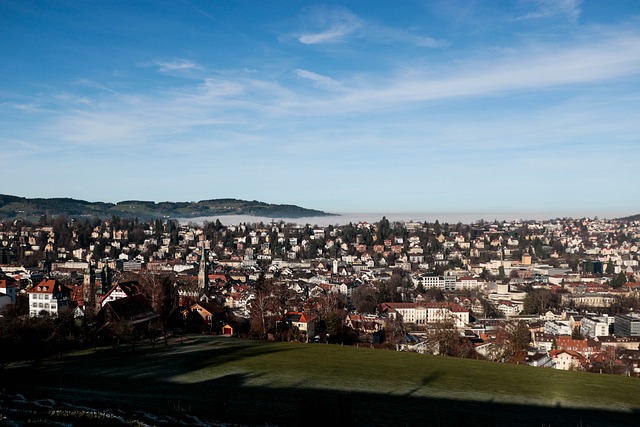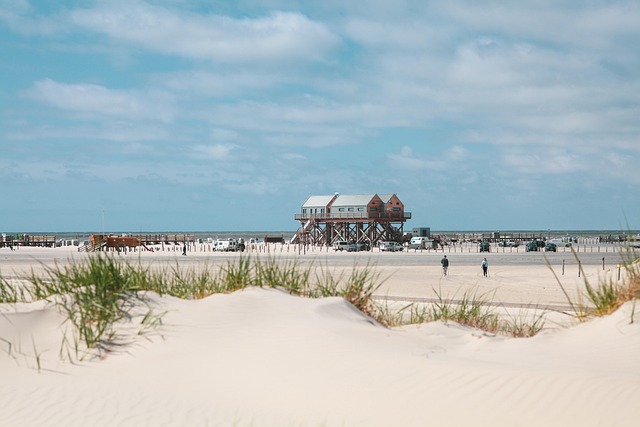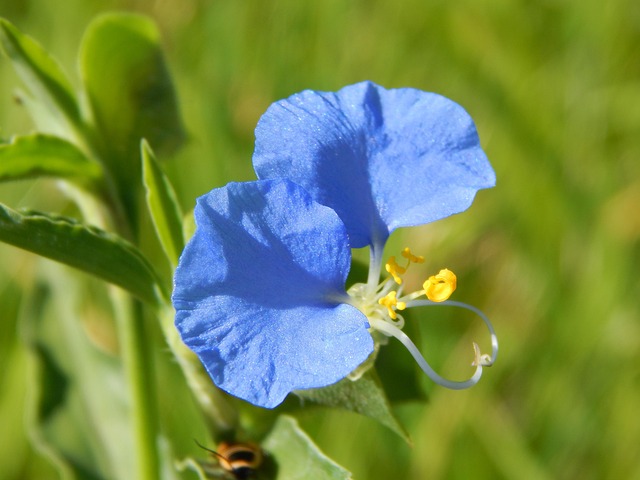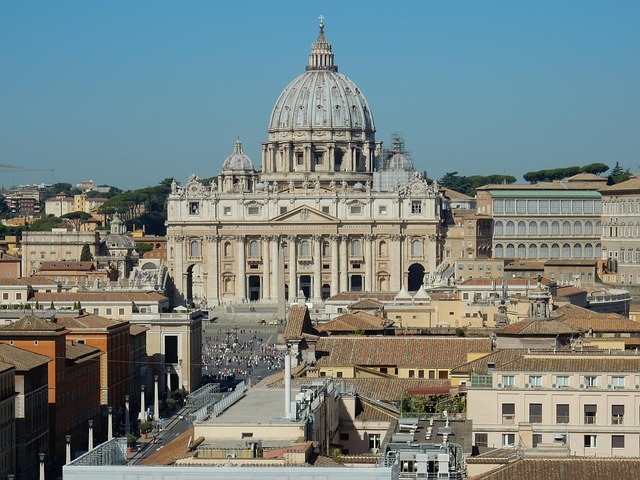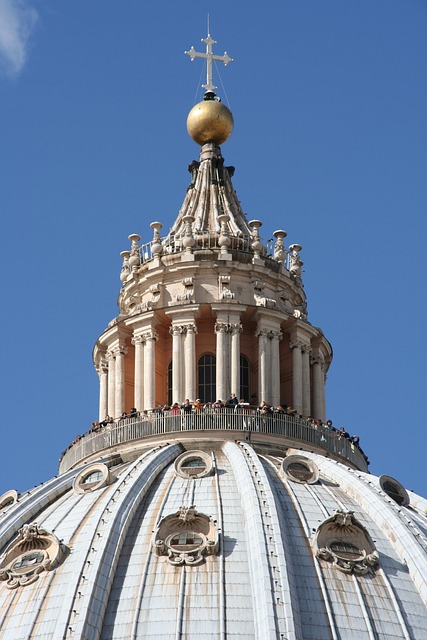Cultural events are vital anchors in today's digital landscape, preserving communities' intangible heritage and ensuring customs, languages, and folklore are passed down. Real estate development intertwines with tradition preservation, as modern projects integrate historical elements to attract tourists and foster local pride. Developers can support cultural storytelling by collaborating with architects, historians, and communities, creating spaces that blend old and new while honoring traditions. Community engagement is key; events featuring folkloric performances, exhibitions, and workshops preserve identity and strengthen connections between diverse groups. By partnering with cultural organizations, developers can create vibrant, inclusive neighborhoods where residents take pride in their shared history, revolutionizing community interactions with the environment.
Cultural events play a pivotal role in fostering heritage pride, serving as vibrant platforms to showcase diverse traditions. In the realm of real estate, these events become tools for preserving cultural tapestry while driving community engagement. By intertwining folklores with local initiatives, neighborhoods transform into living museums, attracting visitors and residents alike. This article explores how cultural celebrations not only strengthen identity but also impact real estate markets, creating unique and desirable communities.
The Role of Cultural Events in Celebrating Heritage Pride
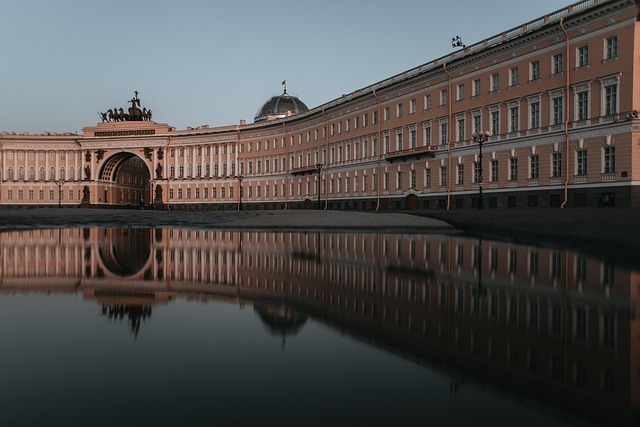
Cultural events play a pivotal role in celebrating and preserving heritage pride, serving as vibrant expressions of a community’s identity. These gatherings provide a unique platform for folks to immerse themselves in their roots, fostering a deep sense of belonging and connection. Through traditional performances, exhibitions, and interactive activities, cultural events showcase the rich tapestry of diverse communities, ensuring that their stories are told and cherished.
In today’s digital age, where real estate often dominates public discourse, these heritage celebrations stand as anchors, preserving intangible assets such as customs, languages, and folklore. They create spaces where folks can step away from the hustle and bustle of daily life, reconnect with their past, and pass on these invaluable traditions to future generations.
Real Estate and the Preservation of Cultural Traditions
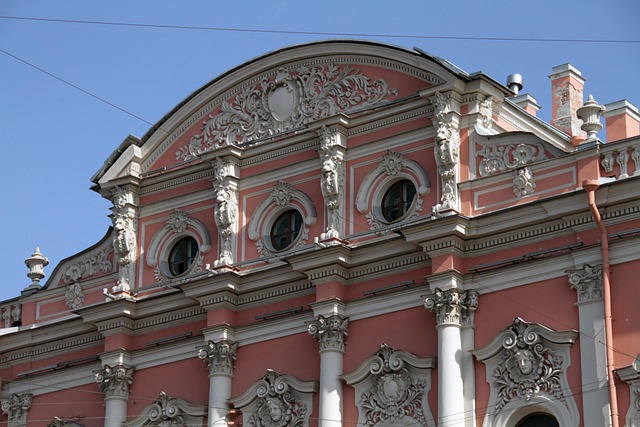
The relationship between real estate and cultural tradition preservation is intricate, as communities often look to develop and modernize while safeguarding their heritage. In many cases, historic sites and landmarks are integral parts of a region’s identity, drawing tourists and fostering a strong sense of local pride. Real estate developers play a significant role in preserving these cultural treasures by adopting strategies that integrate historical elements into modern buildings and neighborhoods. This approach not only respects the past but also enhances urban landscapes, creating vibrant spaces that cater to contemporary needs while honoring traditions.
By collaborating with architects, historians, and community members, real estate projects can become platforms for cultural storytelling, ensuring that heritage is not just preserved but also celebrated. Incorporating traditional architecture, design motifs, and even historical artifacts into modern structures creates a unique blend of old and new, attracting residents and visitors alike. Such initiatives contribute to the long-term sustainability of cultural traditions, ensuring they remain an integral part of the community’s fabric for generations to come.
Community Engagement: Uniting Folklores and Real Estate Initiatives
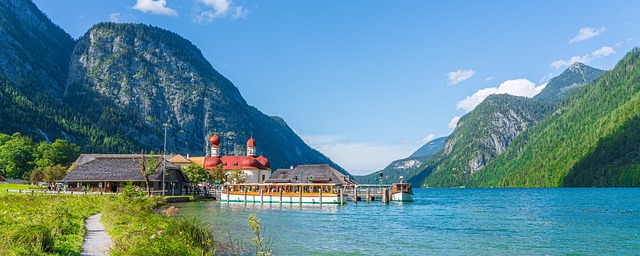
Community engagement plays a vital role in cultural events that celebrate heritage pride, especially when intertwined with real estate initiatives. By involving local residents, businesses, and stakeholders, these events create a sense of belonging and foster connections between diverse communities. Folkloric performances, exhibitions, and workshops become platforms for sharing stories, preserving traditions, and showcasing the unique identity of a place. Real estate developers can contribute to this effort by partnering with cultural organizations and providing spaces that cater to these events, ensuring they reach a wider audience.
Such collaborations not only promote cultural heritage but also enhance property values and attract investors interested in sustainable and community-focused development. Incorporating cultural elements into urban landscapes through real estate initiatives creates vibrant, inclusive neighborhoods where residents take pride in their shared history. This symbiotic relationship between culture and property can revolutionize the way communities interact with their environment, making every event a celebration of both past and present.

